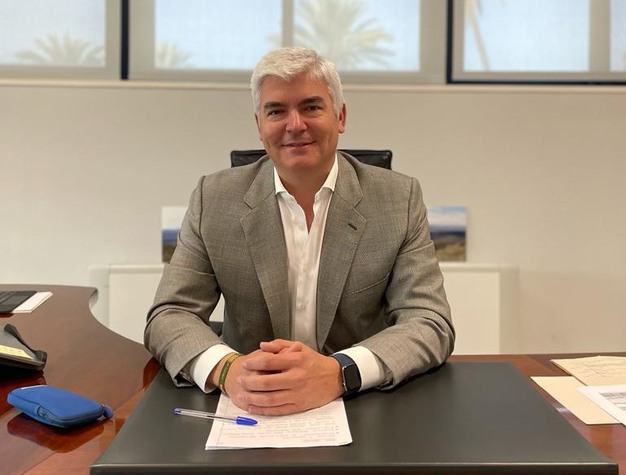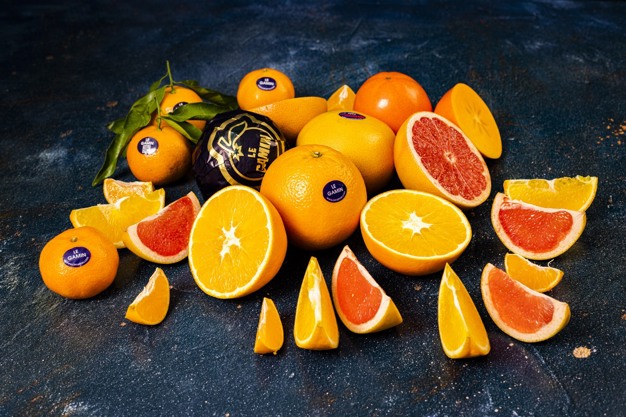The Spanish citrus season is underway with low volumes and lower yields in the case of oranges and, generally, with higher prices on the shelves taking a toll on the demand. This year, the citrus sector has continued to professionalize; a process driven over the last five campaigns by venture capital funds, according to Quico Peiró, director of operations of the Cañamás Group, who argues that one of the biggest challenges will be to reverse the falling consumption trend in the case of oranges.

In a normal season, and taking into account all the citrus fruit varieties marketed by Cañamás throughout the domestic campaign, including oranges, clementines, mandarins and grapefruit, the company handles around 110,000-125,000 tons per year. Out of this, about 65% is grown on their own farms in the Levant and Andalusia.
"In the beginning of the orange season we are seeing a fairly fair quality in terms of fruit formation, with these having a more elongated shape than expected due to temperatures and climatic changes during the flowering and growth. However, they have a better taste quality than last year; quite good in general terms," says Quico Peiró.
"These early oranges have a higher price at origin, and on top of that, a lower share of the fruit can be used due to the difficulties experienced during their growth. This is having a direct impact on sales prices, which are higher, and this, in turn, is taking a toll on the demand for citrus," he said.
Regarding the possibility of importing from other origins this season to ensure the supply, Quico Peiró says that "with the consumption levels we have right now, I don't think we really need oranges from other countries, apart from Spanish oranges, to meet the European demand. In fact, I think that the imports that countries are already making from those other origins for the low quality lines are more than enough to meet the normal demand."
As for clementines, Peiró said that "this year they have an exceptional taste quality, and a very high share of them is marketable. Consumption levels are also good, despite the higher prices at origin, which are also reflected in the final price. We also expect this to continue to be the trend during the rest of the season."

In recent years, there have been many company mergers in the citrus sector, forming powerful groups backed by private equity funds. "In the end, the entry of funds entails a professionalization of the sector. It has been a quick process, since the change has happened in just five years during which there has been a total transformation of the sector. These changes are bringing balance and stability to the citrus sector. Thanks to that same professionalization, there is increasingly greater unity of criteria on issues such as quality, calibers, uses or prices," said Peiró.
"The entry of funds has brought changes across the entire value chain, from the dynamics of purchases in the field, through packaging in the industry, to the dynamics of sales. And that is good for the sector, because it drives us to continue improving day by day and motivates all agents to stand closer together," he said.
One of the biggest challenges this campaign, according to Quico Peiró, is, "on the one hand, to recover the consumption of oranges that we've been losing, and, on the other hand, to protect the position of the Spanish production in the European market, promoting as a local European product that meets all the food safety standards."
"I believe that the promotion of Spanish citrus by the agents involved in the interprofessional is what the citrus sector should be aiming for in order to ensure a recovery of consumption and a dynamic market for our products," he said.
For more information:
Maria Canet
Commercial Department
Cañamás Hermanos, S.A.
Camí Aigua Blanca, S/N
46780 Oliva. Valencia. Spain
T: +34 962 852 000
[email protected]
www.canamas.com
